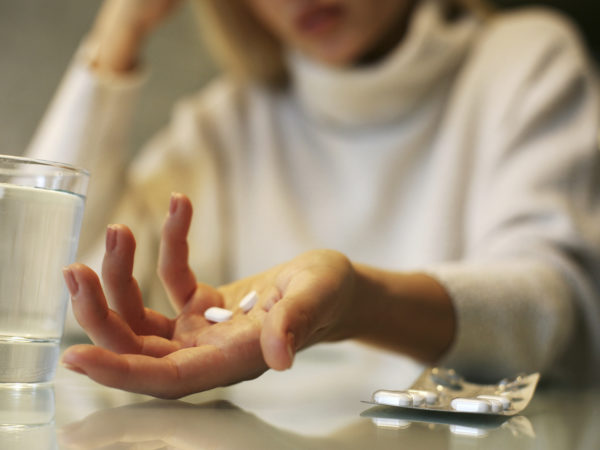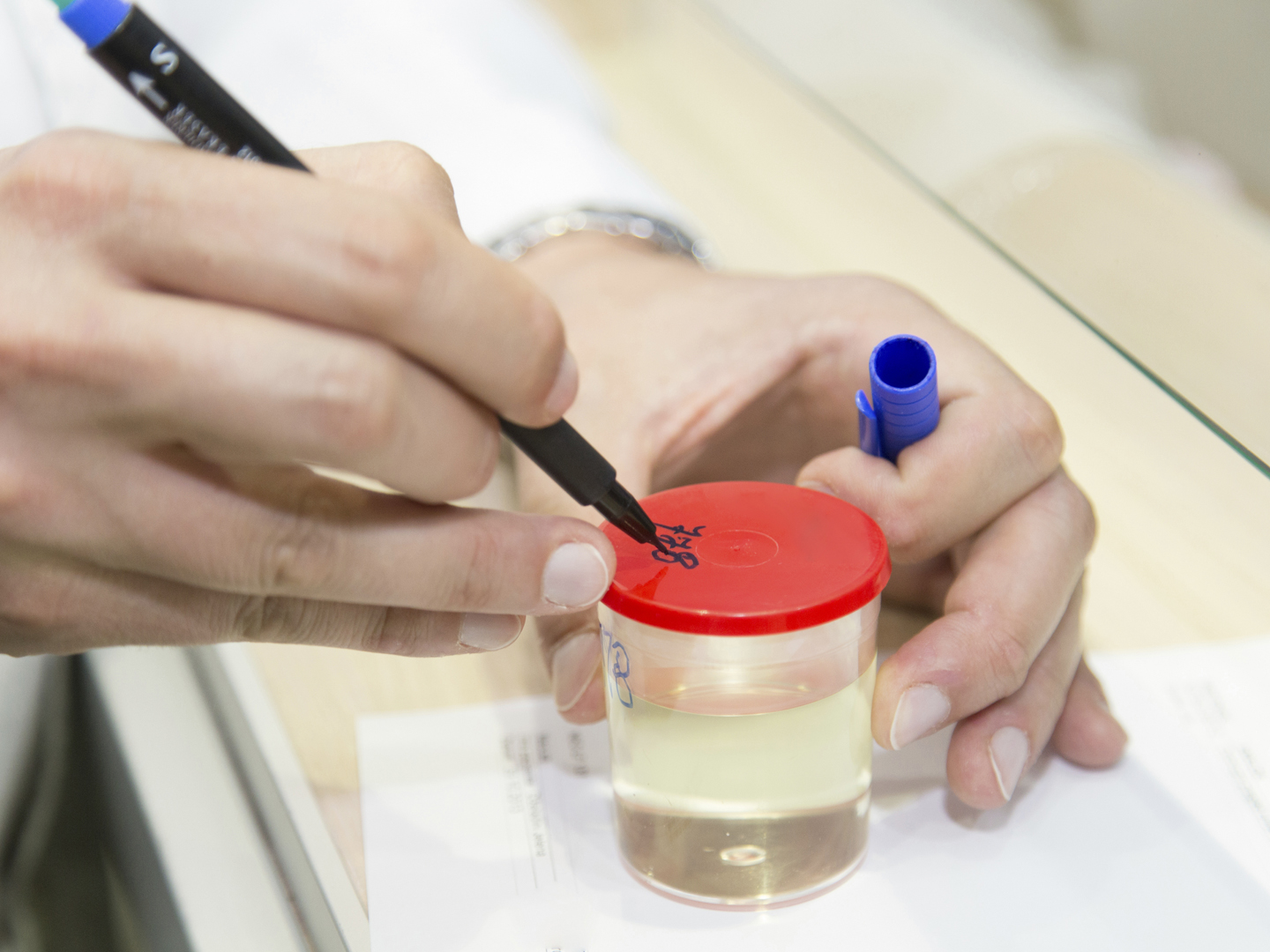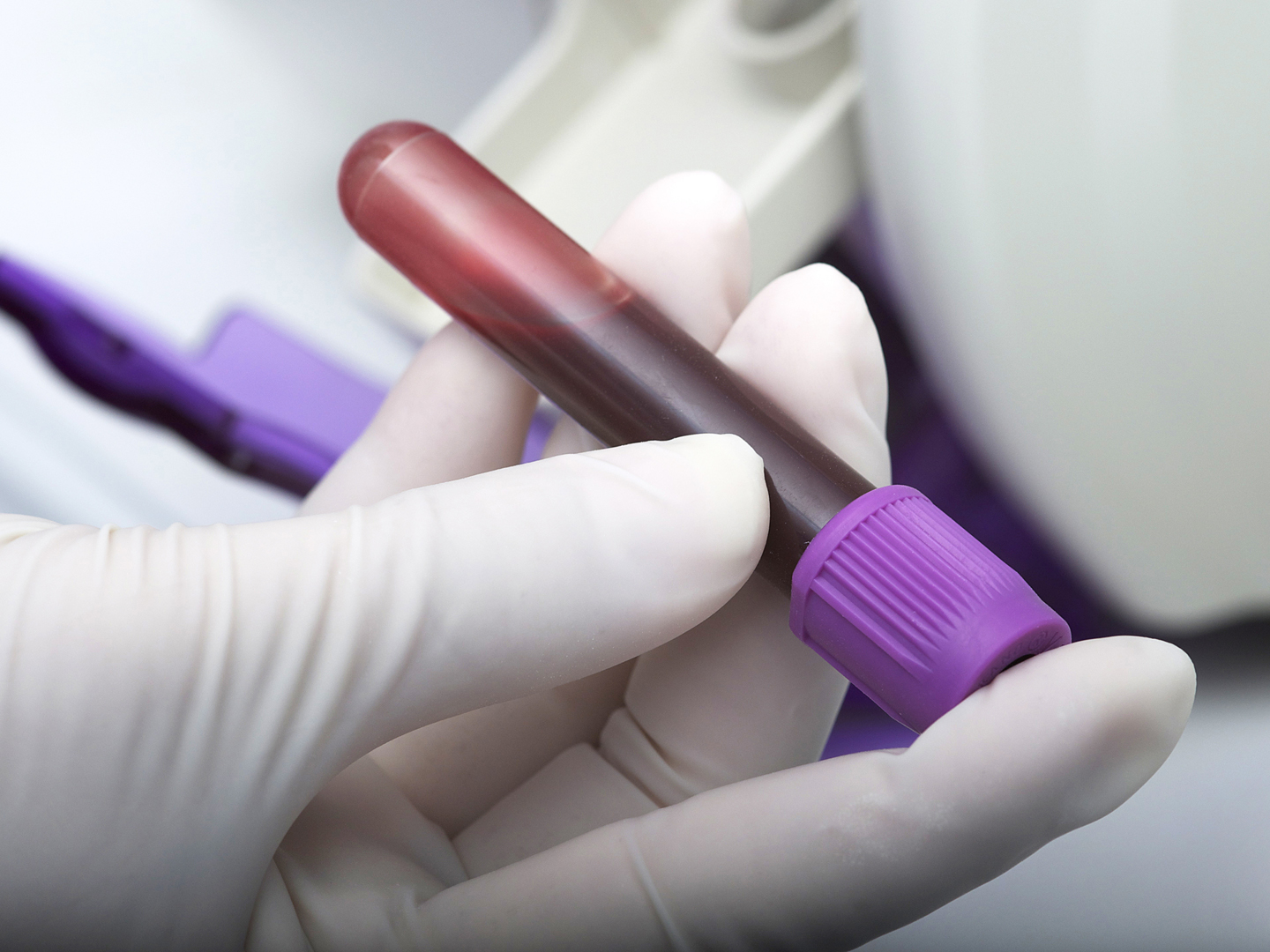Kidney Stones: All Clear for Calcium Supplements?
I have a history of kidney stones. As a post-menopausal woman, I am concerned about bone loss. Is it okay to take calcium supplements?
Andrew Weil, M.D. | June 20, 2020

It probably would be fine to take calcium supplements in order to reduce your risk of bone thinning as long as you take them with lunch and dinner and follow some simple dietary suggestions to help reduce your risk of kidney stone formation. That calls for some clarification, so bear with me while I explain what has been learned recently about the association between calcium supplements, diet and kidney stones.
Kidney stones form when urine becomes highly concentrated and the calcium oxalate it contains crystallizes (both the calcium and the oxalate come from diet). The resulting stones then pass out of the body with more or less difficulty. This can cause severe pain (usually in the lower back, flank and groin), difficulty urinating, blood in the urine, nausea and, sometimes, fever.
The best way to avoid kidney stones is to drink lots of water, at least six to eight glasses daily. This dilutes the urine, reducing the risk of crystallization. You also should avoid food containing oxalate so that there will be less of it to combine with calcium. Foods high in oxalate include spinach, beet greens, nuts, chocolate, and strawberries.
Calcium itself isn’t the problem. In fact, research has shown that the more calcium-containing foods you consume, the lower your risk of kidney stones. This was confirmed during a 12-year study involving 91,731 nurses between the ages of 34 and 59, none of whom had had kidney stones when they enrolled. During the study, 864 nurses developed kidney stones (about one of every 1,000 participants). The researchers reported that the higher the intake of dietary calcium, the less chance the nurses had of developing kidney stones. However, among the nurses with a high dietary calcium intake who also took calcium supplements, the risk was 20 percent above normal.
The researchers speculated that calcium supplements were associated with a higher risk of kidney stones because many of the nurses took the supplements without food or at breakfast, the meal least likely to contain foods with oxalates. As a result, the calcium couldn’t bind with oxalate in the intestines, increasing chances that both will be present – and available to crystallize – in the urine. They theorized that taking supplements with lunch or dinner increases the chances that calcium and oxalate will bind in the intestine, reducing the risk of stone formation.
A study published in 2017 concluded that in adult patients with chronic kidney disease neutral calcium balance is achieved with calcium intake near the recommended daily allowance. Given the available calcium balance data in this population, an intake of around 1000 mg/day should result in a neutral calcium balance without adverse effects of either too much or too little of the mineral.
Both a negative and positive calcium balance pose potential health problems in people with chronic kidney disease. A negative balance may increase osteoporosis risk, while positive balance may increase risk for extra-skeletal calcification and cardiovascular events.
Bottom line: Don’t take calcium supplements without checking with your healthcare provider. Blood test results will reveal whether or not you need extra calcium, and a registered dietitian can help make a food plan that balances your nutritional needs. It also is important to check with your health care provider before taking any new medicines, vitamins, supplements, herbal pills or antacids that may contain calcium or other minerals.
Since you have a history of kidney stones, be sure to drink lots of water and follow these dietary suggestions to help reduce your risk of a recurrence:
- Avoid caffeine, which seems to increase urinary calcium.
- Decrease consumption of animal protein; IT increases the risk of stone formation.
- Limit your salt intake. (Salt increases urinary calcium excretion.)
- Consume potassium- and fiber-RICH foods; they can reduce urinary calcium levels.
Andrew Weil, M.D.
Source:
Kathleen M. Hill Gallant and David M. Spiegel, “Calcium Balance in Chronic Kidney Disease,” Current Osteoporosis report, May 4, 2017, doi: 10.1007/s11914-017-0368












